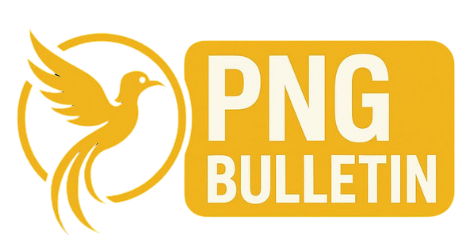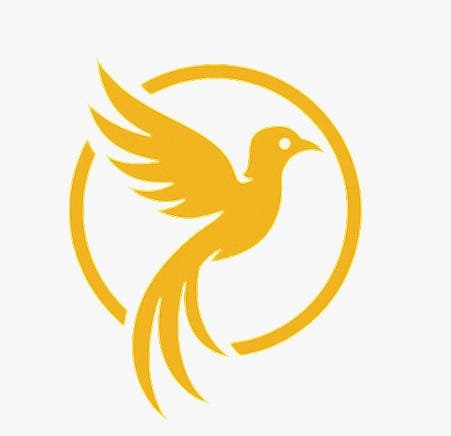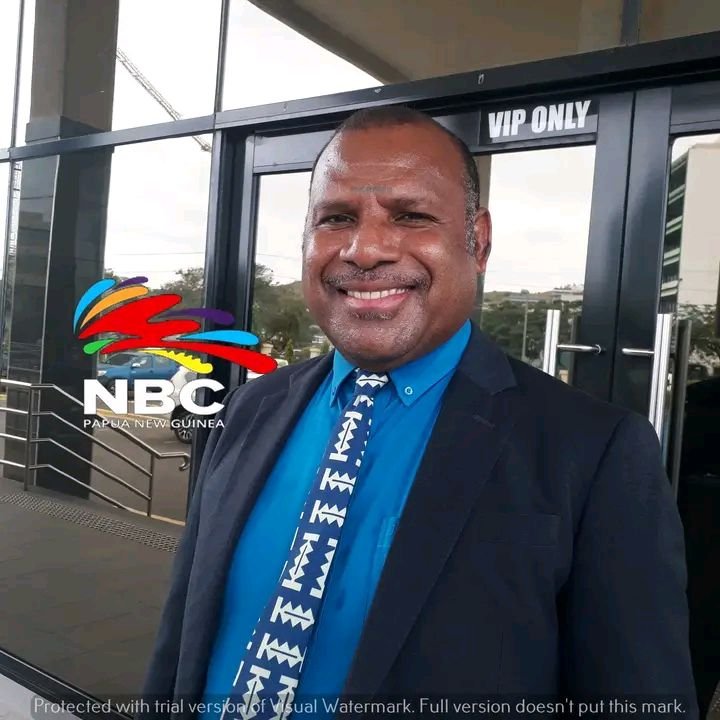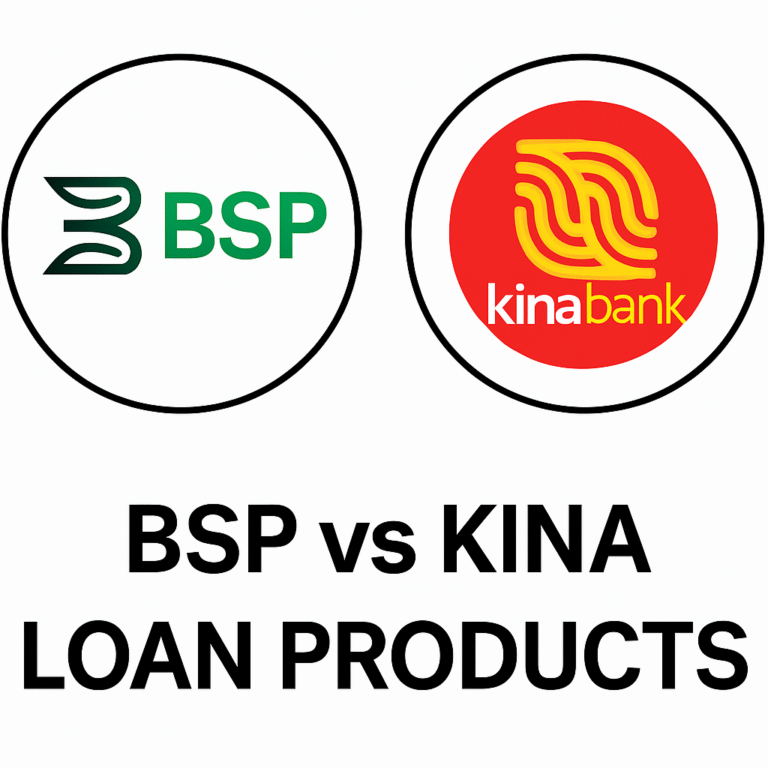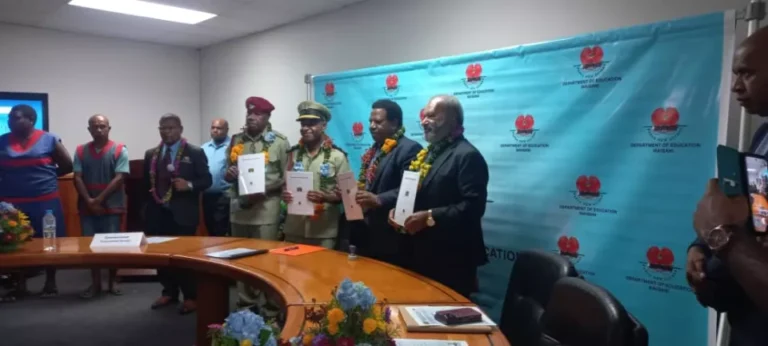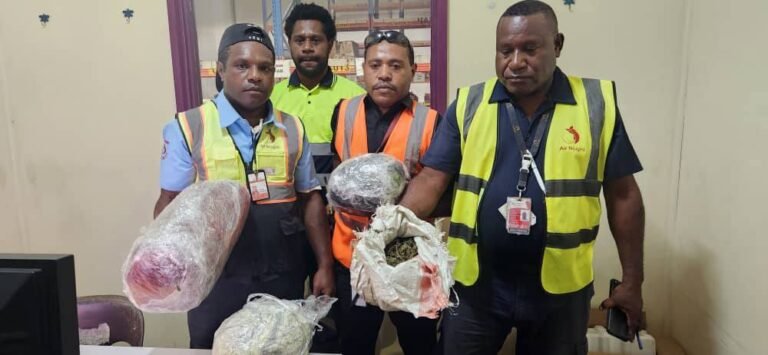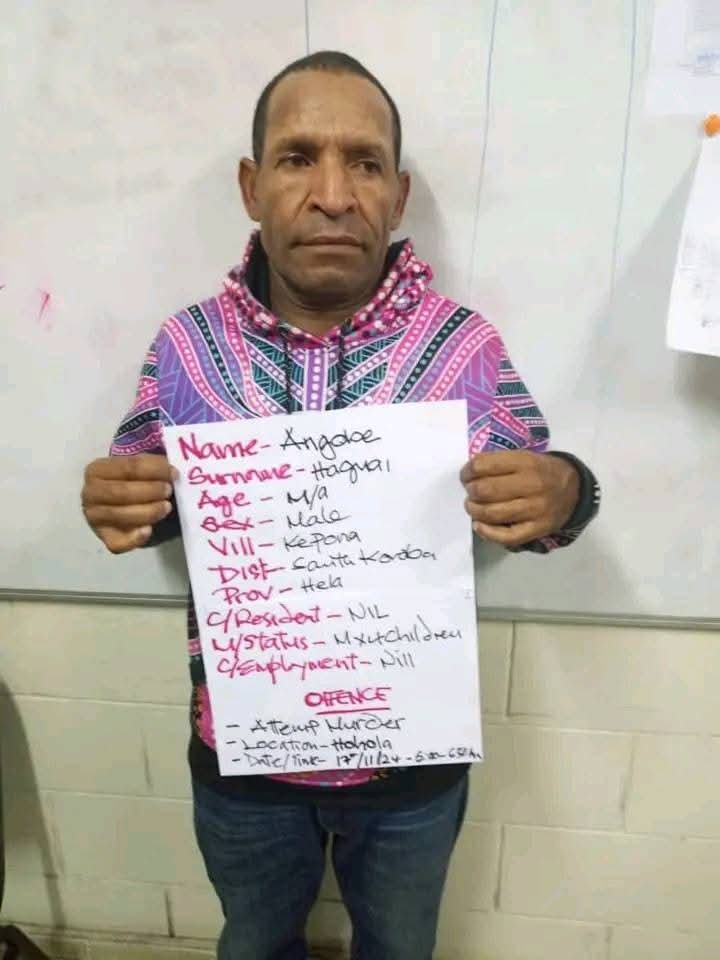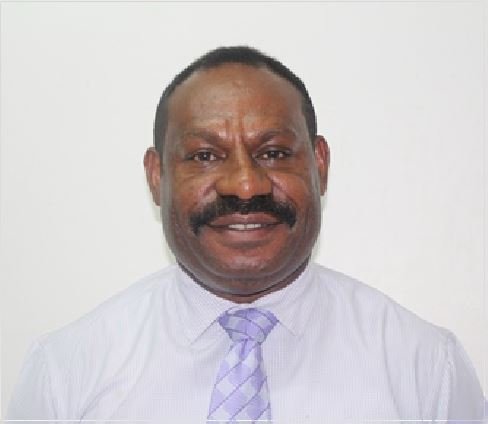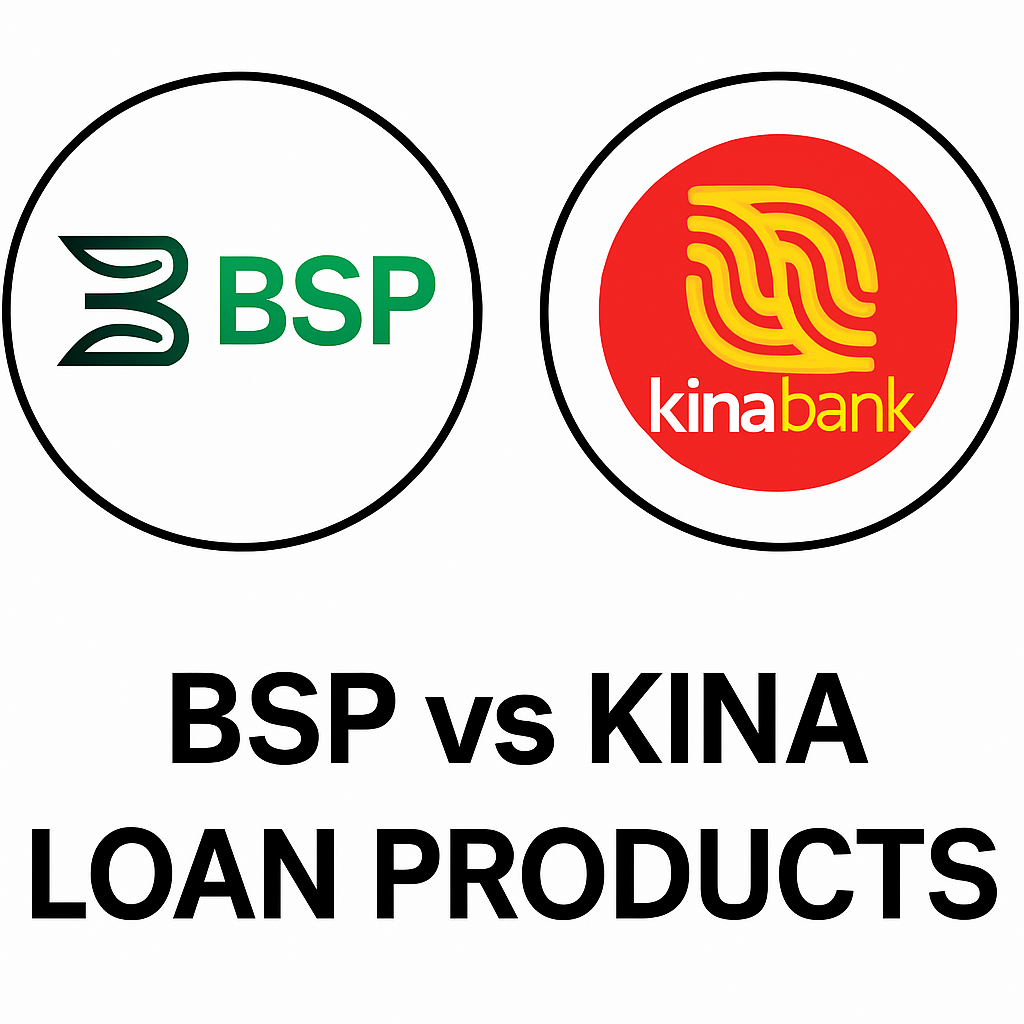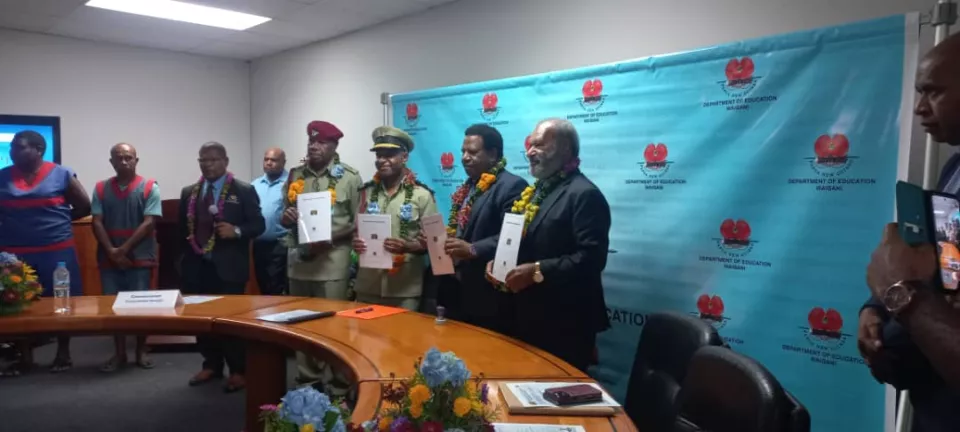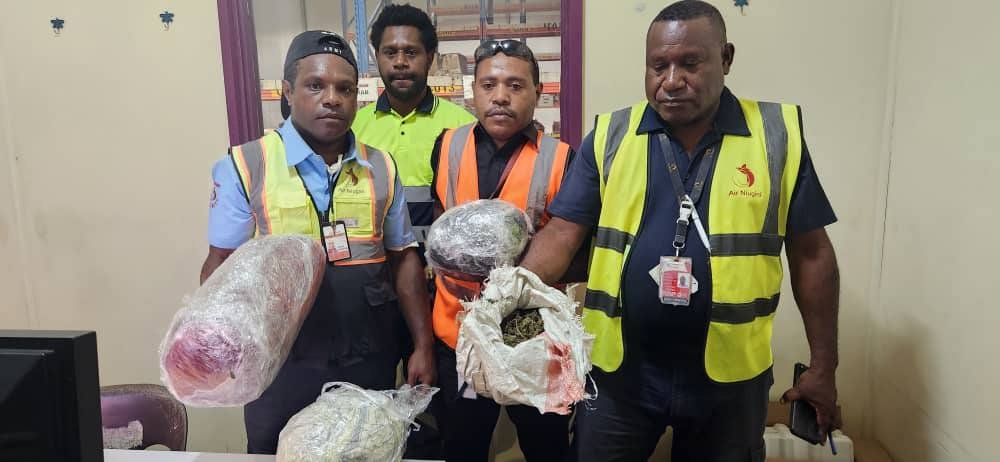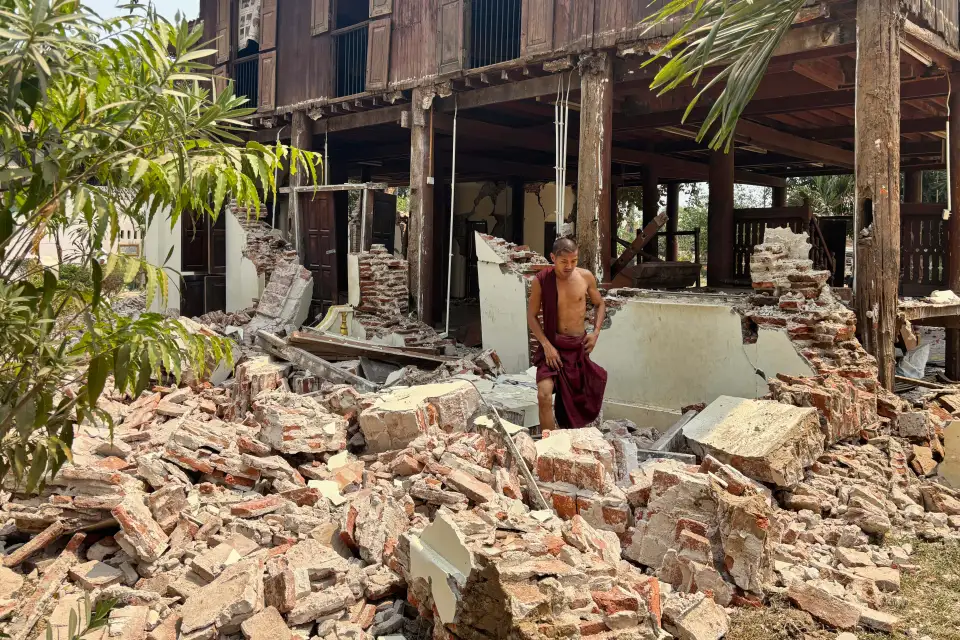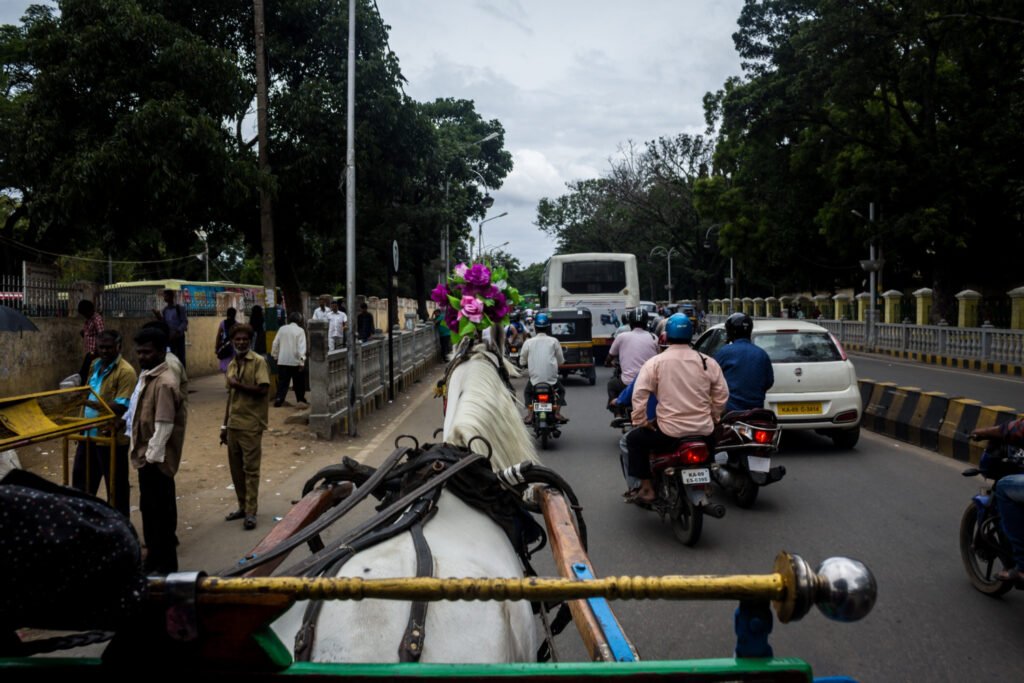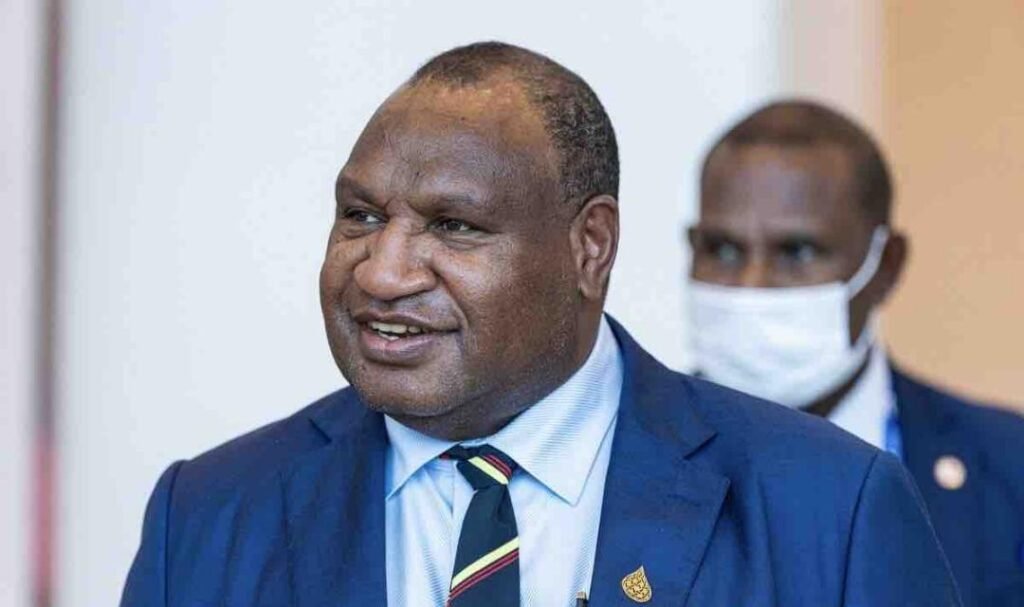Lae, Papua New Guinea — May 16, 2025
In a startling development, the World Health Organization (WHO) has officially declared a polio outbreak in Papua New Guinea following the confirmation of two new cases in Lae, Morobe Province. These are the first confirmed polio cases in PNG since 2000, marking a serious public health setback and raising national concern, particularly for the country’s children.
The cases were detected in two unvaccinated children under the age of five, sparking immediate investigations and triggering an emergency response from the PNG government and international health partners. WHO officials have classified the situation as a Grade 2 emergency, emphasizing the urgency to curb any potential spread.
“This is a wake-up call. We had eliminated polio, and now we are seeing its return due to immunity gaps,” said Dr. Jacob Kale, a senior public health advisor in Port Moresby. “We cannot afford to be complacent.”
A Race Against Time to Immunize
In response, the PNG Department of Health has announced a nationwide polio vaccination campaign, targeting children under 15 years old, especially in high-risk regions such as Morobe, Madang, and the Highlands. With support from WHO, UNICEF, and the Global Polio Eradication Initiative (GPEI), health teams are being mobilized to conduct door-to-door immunization drives, school-based vaccinations, and public awareness campaigns.
Health officials believe the outbreak stems from low immunization coverage, particularly in rural and remote communities where access to basic healthcare remains limited. Vaccine hesitancy, misinformation, and infrastructure challenges have also contributed to falling vaccination rates in recent years.
What Parents Need to Know
Medical experts are urging all parents and caregivers to ensure their children are fully vaccinated. Polio is a highly infectious viral disease that primarily affects children under five. In severe cases, it can cause irreversible paralysis or even death. There is no cure, but vaccination provides lifelong protection.
“Every child left unvaccinated is a risk—not only to themselves but to their community,” warned Dr. Mary Siune, a pediatric specialist based in Lae. “The vaccine is safe, free, and the only tool we have to protect the next generation.”
Community Response and the Road Ahead
Local communities have responded with a mix of alarm and determination. Churches, schools, and community leaders are being asked to play a crucial role in spreading awareness and encouraging participation in vaccination efforts.
The resurgence of polio has rekindled fears of the 1996 and 2000 outbreaks, which caused widespread panic and strained PNG’s health infrastructure. This time, authorities are acting quickly, hoping to contain the virus before it spreads beyond the initial cases.
While the situation remains under control for now, the re-emergence of polio in PNG is a sobering reminder of the importance of maintaining high vaccination coverage and the ongoing struggle to bridge healthcare gaps in underserved regions.
Stay Informed, Stay Protected
The PNG Bulletin will continue to monitor developments and provide updates on vaccination schedules, affected areas, and health advisories. For now, the message is clear: Polio is back—but it doesn’t have to stay.
